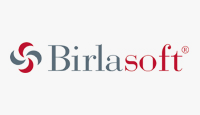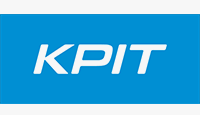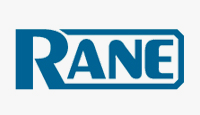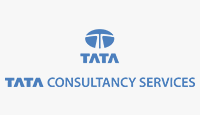ABOUT BBA Retail Management
BBA Retail Management course revolves around the study of activities such as purchasing, inventory control and management, marketing, merchandising, management of finances, personnel and resource management, etc. This course gives a student complete knowledge of the functioning and supervision of a retail establishment. Students learn basic concepts such as marketing, strategies used in retailing, customer relationship management, human resource management etc.
Such students are hired in capacities such as:
-
- retail managers
- fashion purchasing managers
- merchandisers
- Independent consultants for retail operations.

BBA Retail Management |
||
|---|---|---|
| COURSE | DURATION | |
| Course Name | Bachelor of Business Administration (BBA Retail Management) | |
| Degree | Bachelor | |
| Duration | 3 Years |
|
| Eligibility | 10+2 with 45% | |
| Exam Type | Semester/ Annual |
|
| Selection Process | Entrance or Merit based | |
| Average Salary | INR 2 to 4 Lacs per annum | |
Eligibility
The Bachelor of Business Administration BBA Retail Management eligibility criteria is mentioned below:
-
- 10+2 from a recognized board of education
- The minimum eligibility percentage could vary from college to college- mostly 45%
- English is a compulsory subject
- Both arts and science stream students can apply for the course
Career Options
BBA Retail Management graduates will be employed for roles in business management and sales. Some companies also offer roles of a production supervisor, administrator and planner. BBA graduates seek companies that are involved in the business of producing, construction, retail, and finance. They also apply for various government agencies. BBA students are taught the basics yet advanced principles of management. The course doesn’t stay limited to theoretical concepts it also provides practical knowledge via internships and industry exposure. Not only that, but BBA also helps a student develop communication skills and supports the general personality development of a student.
Some of the organizations where a BBA graduate can look for employment are:
-
- Marketing Organizations
- Educational Institutes
- Business Consultancies
- Financial Organizations
- Export Companies
- Banks
- Multinational Companies
Top Recruiting Company
Career opportunity are available in no. of areas in the Private and Government sectors, such as :
-
- Banks, Financial Services and Insurance (BFSI) Sector
- Sales & Marketing
- Finance and Accounting
- Human Resource Management
- Tourism Management
- Supply Chain Management
- Business Consultancy
- E-Commerce
- Information Technology (IT)
Salary
The salary for a BBA Retail Management graduate can depend on their area of employment.
-
- Average starting salary after BBA – Rs. 2 to 3 LPA
- Salary Package in Top BBA Colleges – Up to Rs. 6 to 10 LPA
- Average Salary after BBA – Rs. 4 LPA
Prominent Recruiters
Key Differentiators

Sprawling state-of-the-art campus spread over 25 Acres with all facilities.

Collaborations with over 20 leading industries in India & 12 German University.

Experiential learning approach with practical to theory ratio as 70:30.

Well-equipped classrooms and labs with the latest teaching aids.





















Congratulation!